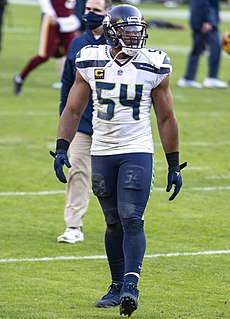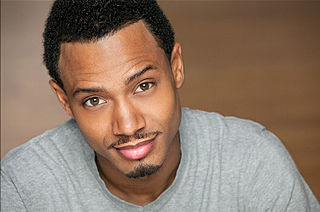A Quote by Ric Keller
Historically Black Colleges and Universities, or HBCUs, have played an important role in enriching the lives of not just African Americans, but our entire country.
Related Quotes
I grew up in Orangeburg, South Carolina, which has the proud distinction of being the home to two of the eight Historically Black Colleges and Universities in the state: South Carolina State University and Claflin University. When I was a kid riding around town with my grandfather, we often drove by the colleges.
I can't deny that it will be a historic event for an African-American to become president. And should that happen, all Americans should be proud - not just African-Americans, but all Americans - that we have reached this point in our national history where such a thing could happen. It will also not only electrify our country, I think it'll electrify the world.
One of the things that made the Black Muslim movement grow was its emphasis upon things African. This was the secret to the growth of the Black Muslim movement. African blood, African origin, African culture, African ties. And you'd be surprised - we discovered that deep within the subconscious of the black man in this country, he is still more African than he is American.
































